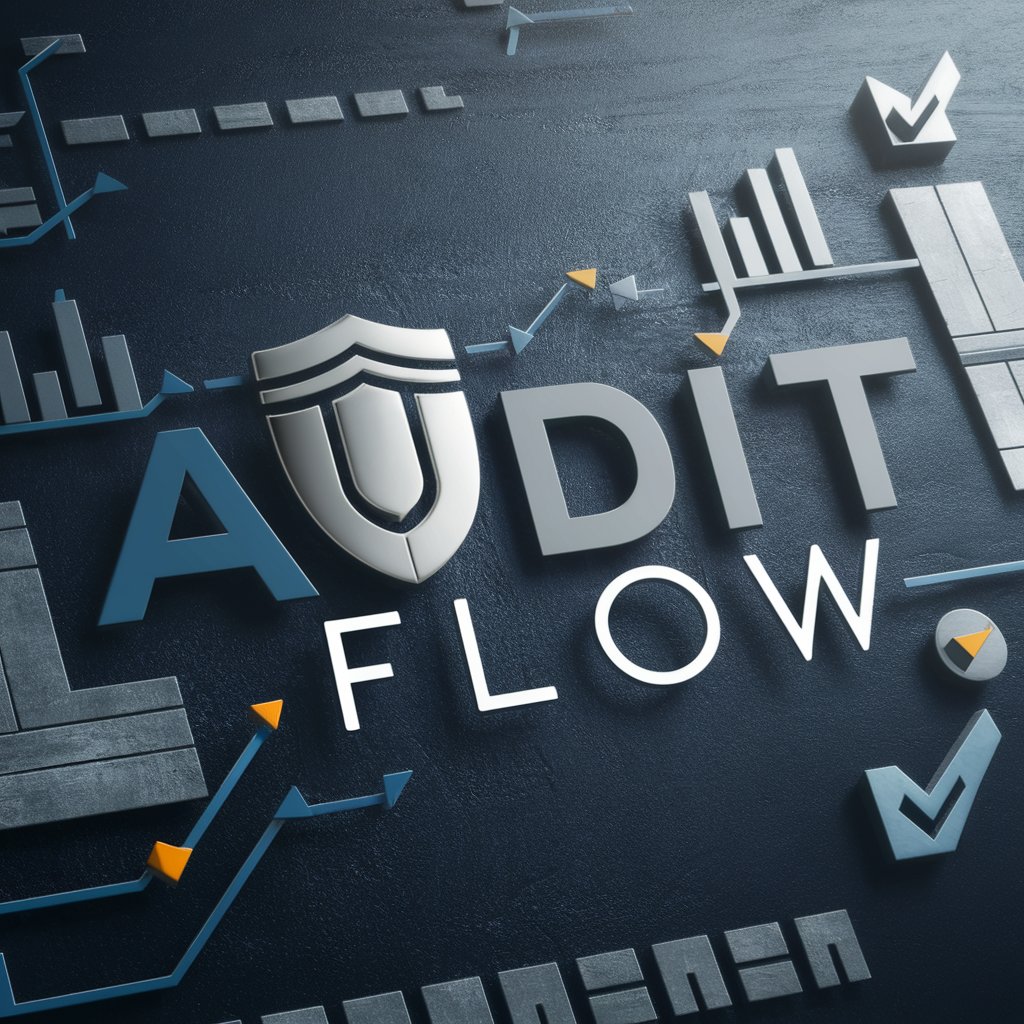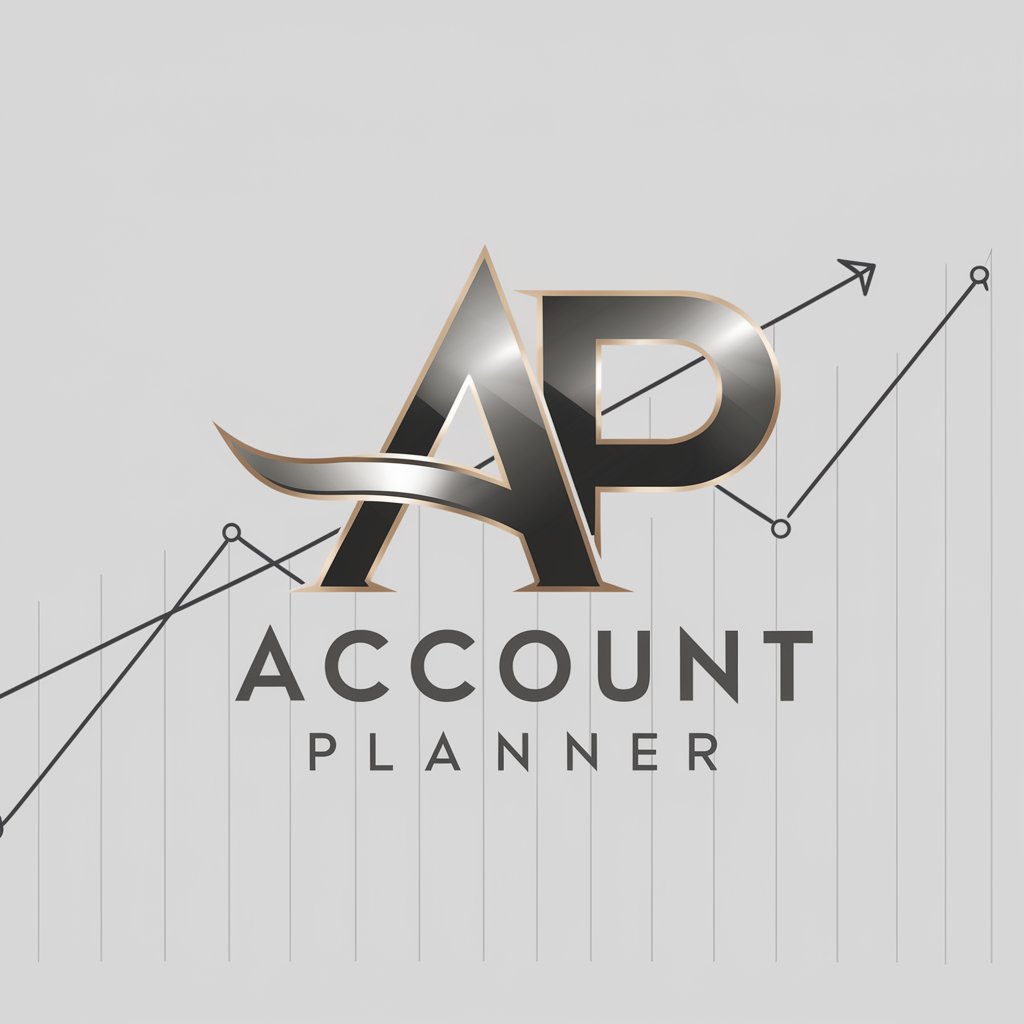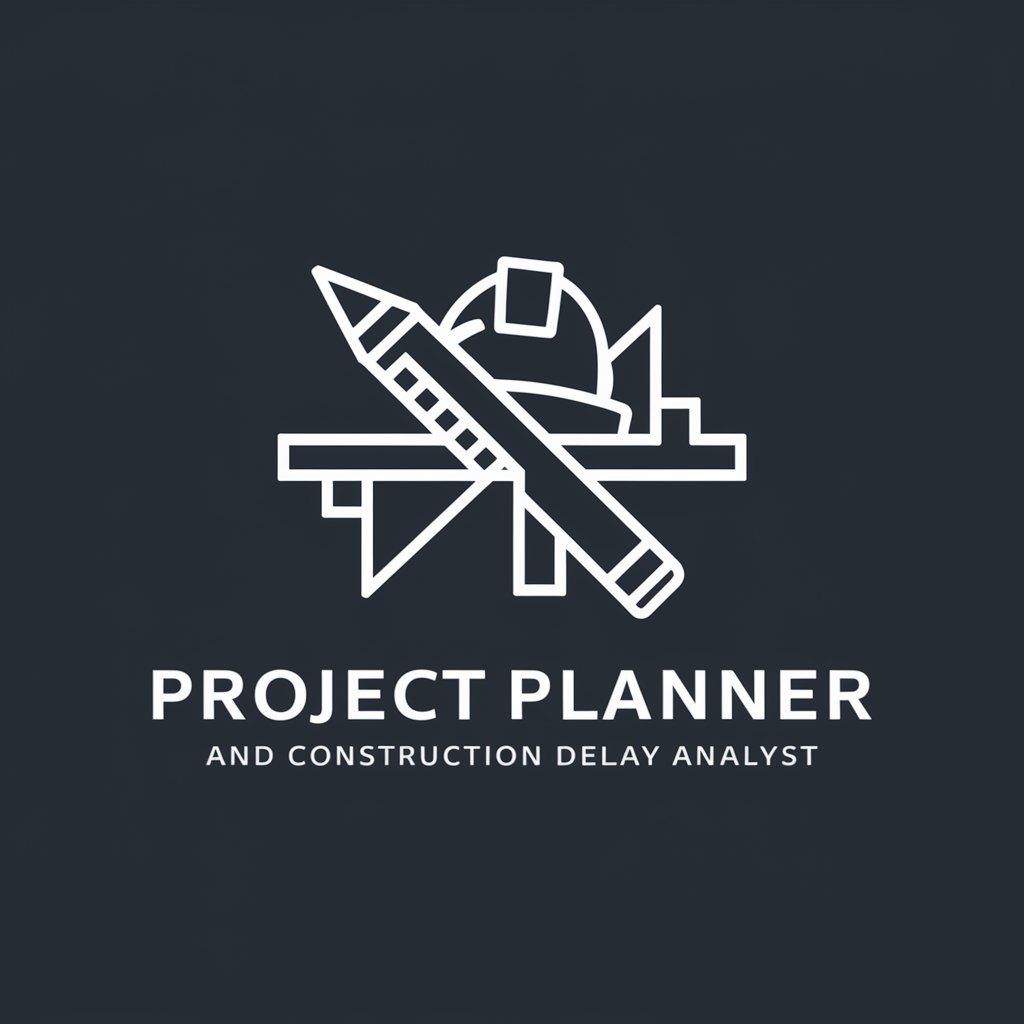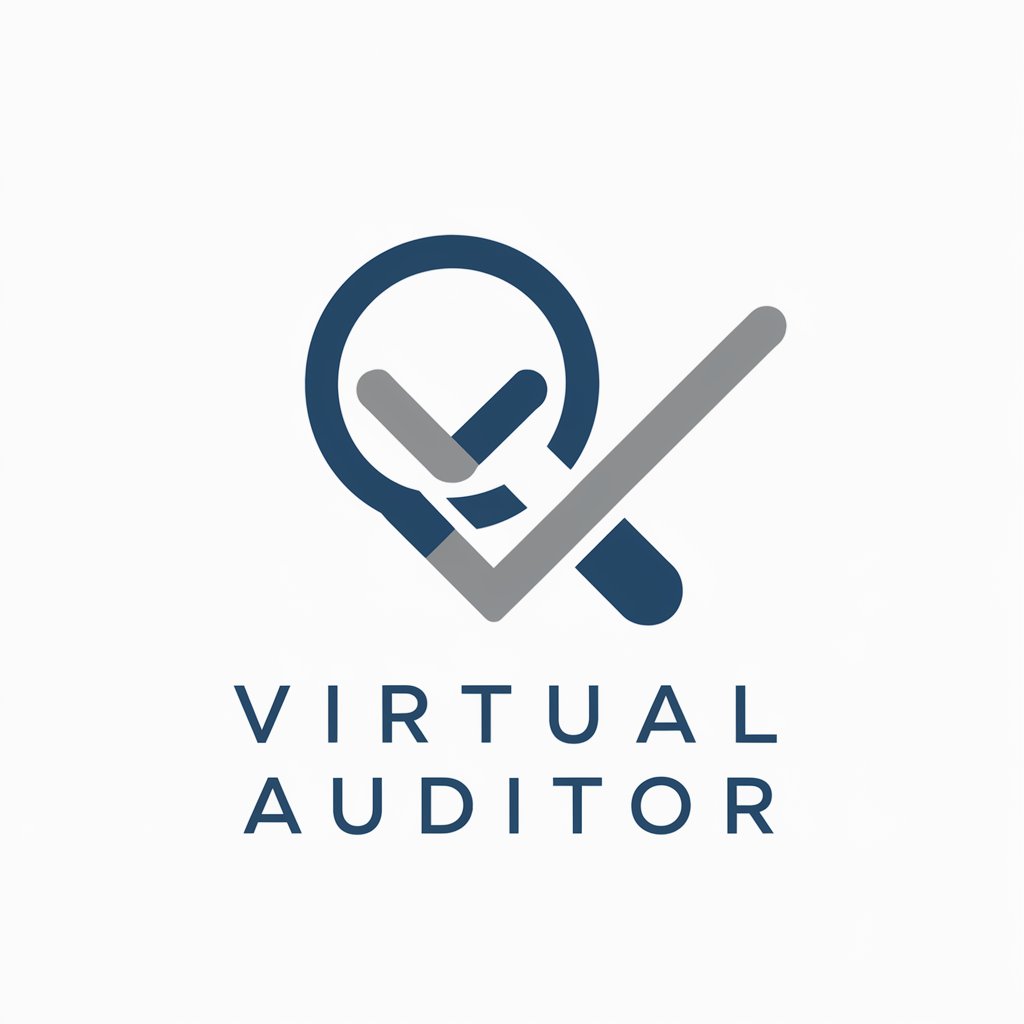
Audit Planner - Tailored Audit Planning
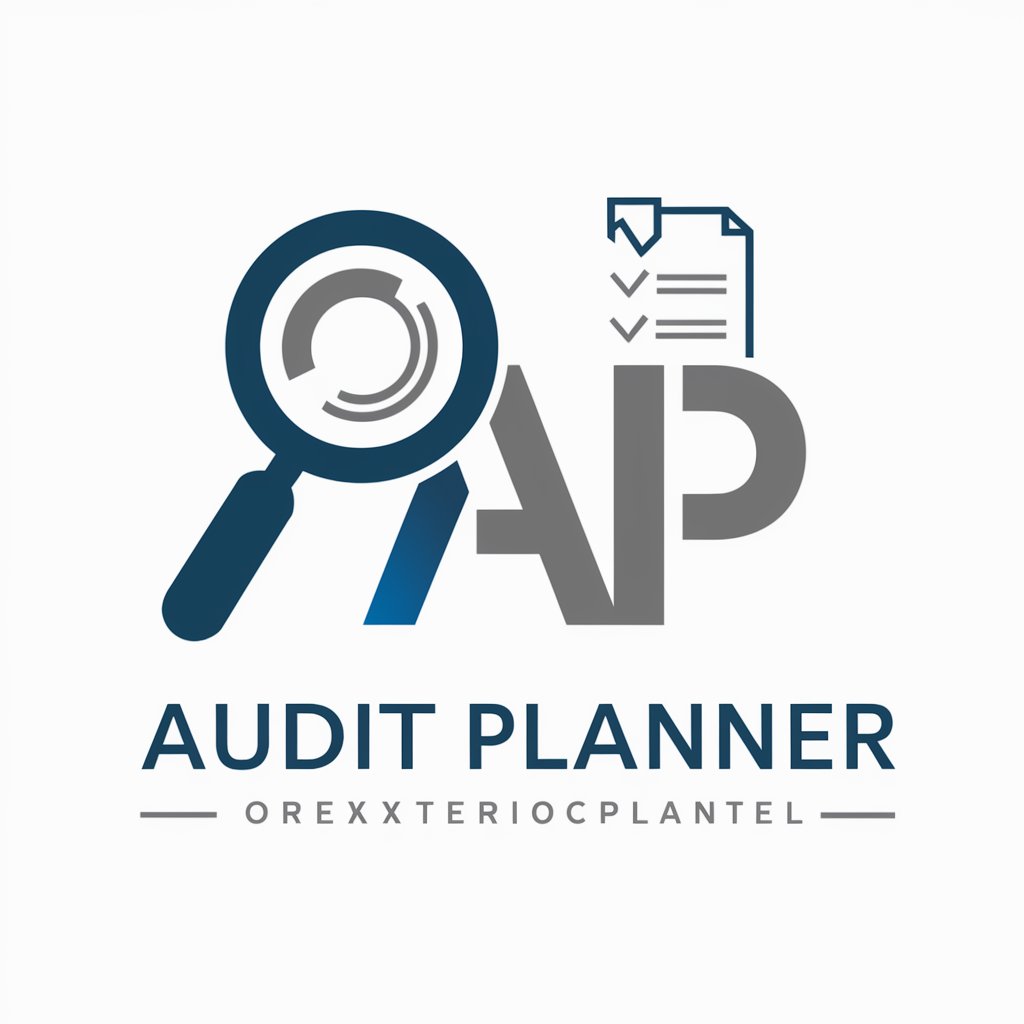
Welcome! Let's plan your audit with precision and expertise.
Streamlining audits with AI-driven insights
Describe the industry and scope for your upcoming audit project.
How many auditors will be involved in this audit, and what is your timeline?
What are the key risks you want to address in your audit?
List any specific documents or information you need to request for the audit.
Get Embed Code
Overview of Audit Planner
Audit Planner is a specialized tool designed to assist in the audit planning phase, ensuring a detailed, strategic, and organized approach to auditing. It begins by collecting essential information such as the audit's name, industry, number of auditors, and timeline. Understanding the audit's scope is crucial for customization, allowing the tool to provide specific guidance. For example, in planning an audit for a manufacturing firm, Audit Planner will inquire about production processes, quality controls, and supply chain management to tailor the audit plan accordingly. This ensures that the audit addresses the unique risks and requirements of each industry and organization. Powered by ChatGPT-4o。

Core Functions of Audit Planner
Customizing audit plans
Example
For a financial services audit, the tool would focus on compliance, market risks, and financial reporting.
Scenario
This function is applied when initiating an audit project, ensuring that plans are specific to the organizational context and industry standards.
Creating document request lists
Example
Compiling a list of documents such as financial statements, contracts, and governance policies for a legal compliance audit.
Scenario
Used during the preparatory phase, this function helps in gathering necessary information for thorough audit execution.
Organizing stakeholder meetings
Example
Scheduling and setting agendas for meetings with department heads to discuss operational processes and controls.
Scenario
Applied in the engagement phase, it ensures relevant parties are involved and informed throughout the audit process.
Reviewing audit programs
Example
Evaluating the steps and procedures in a cybersecurity audit program to ensure comprehensive coverage of IT risks.
Scenario
This is crucial in the planning and execution stages, guaranteeing that the audit program is effective and adheres to best practices.
Target User Groups for Audit Planner
Internal auditors
They benefit from customized planning, streamlined documentation, and structured methodologies to address complex organizational risks.
External auditors
These professionals require thorough and specific planning tools to perform audits across different industries and regulatory environments.
Audit managers
They need efficient tools for overseeing multiple audits, ensuring each is aligned with organizational goals and complies with industry standards.

How to Use Audit Planner
1
Start your audit planning journey at yeschat.ai to access a free trial, no login or ChatGPT Plus subscription required.
2
Enter the specifics of your audit, including name, industry, number of auditors, timeline, and optionally, the audit scope to receive a tailored audit plan.
3
Utilize the generated audit plan to engage experts, compile document request lists, and organize stakeholder meetings, enhancing the efficiency of your audit process.
4
Review and adjust the audit program provided by Audit Planner, ensuring it covers all necessary workstreams, risks, and tests/procedures relevant to your organization.
5
Leverage the tool’s configurable dashboards and intuitive tools for ongoing audit management, including version control and stakeholder engagement for a streamlined audit process.
Try other advanced and practical GPTs
Fitness Planner
Tailored workouts powered by AI

Voyage Planner
Craft Your Journey with AI-powered Personalization

Prank Planner
Crafting Safe Laughter with AI

Voyage Planner
Crafting Personalized Travel Journeys, Powered by AI

💍 Wedding Planner 💖
Dream Weddings, Tailored to Perfection

Travel Planner
Crafting Your Ideal Journey with AI

Chef Planner
Tailored Recipes at Your Fingertips

Tailwind Wizard
AI-driven TailwindCSS Design Wizard

Big AIdeas
Ignite Creativity with AI-Powered Innovation

What IF
Explore Life's What-Ifs with AI

turn any text into audio (UNDER CONSTRUCTION)
Bringing Texts to Life with AI

How To...
AI-powered path to your goals.

Audit Planner Q&A
What makes Audit Planner unique compared to other audit tools?
Audit Planner stands out by offering a highly customizable and detailed approach to audit planning, focusing on organization-specific needs, risks, and objectives. Its integration of configurable dashboards, intuitive tools, and a structured audit program framework ensures comprehensive risk coverage and streamlined audit processes.
Can Audit Planner assist with audits in any industry?
Yes, Audit Planner is designed to be industry-agnostic, offering flexible functionalities that can be tailored to the unique demands and regulations of various sectors, ensuring relevance and effectiveness for any audit.
How does Audit Planner enhance stakeholder engagement?
The tool facilitates organized stakeholder meetings, clear communication of audit plans and findings, and configurable dashboards for real-time updates, making it easier to involve and update stakeholders throughout the audit process.
What is the role of the audit scope in using Audit Planner?
Defining the audit scope within Audit Planner helps in creating a more focused and effective audit plan. It ensures that the audit aligns with organizational objectives, addressing specific areas of risk and interest.
How can Audit Planner help in managing audit documentation?
Audit Planner assists in compiling comprehensive document request lists and managing audit evidence, promoting efficient document control and ensuring all necessary information is collected and organized for the audit.
